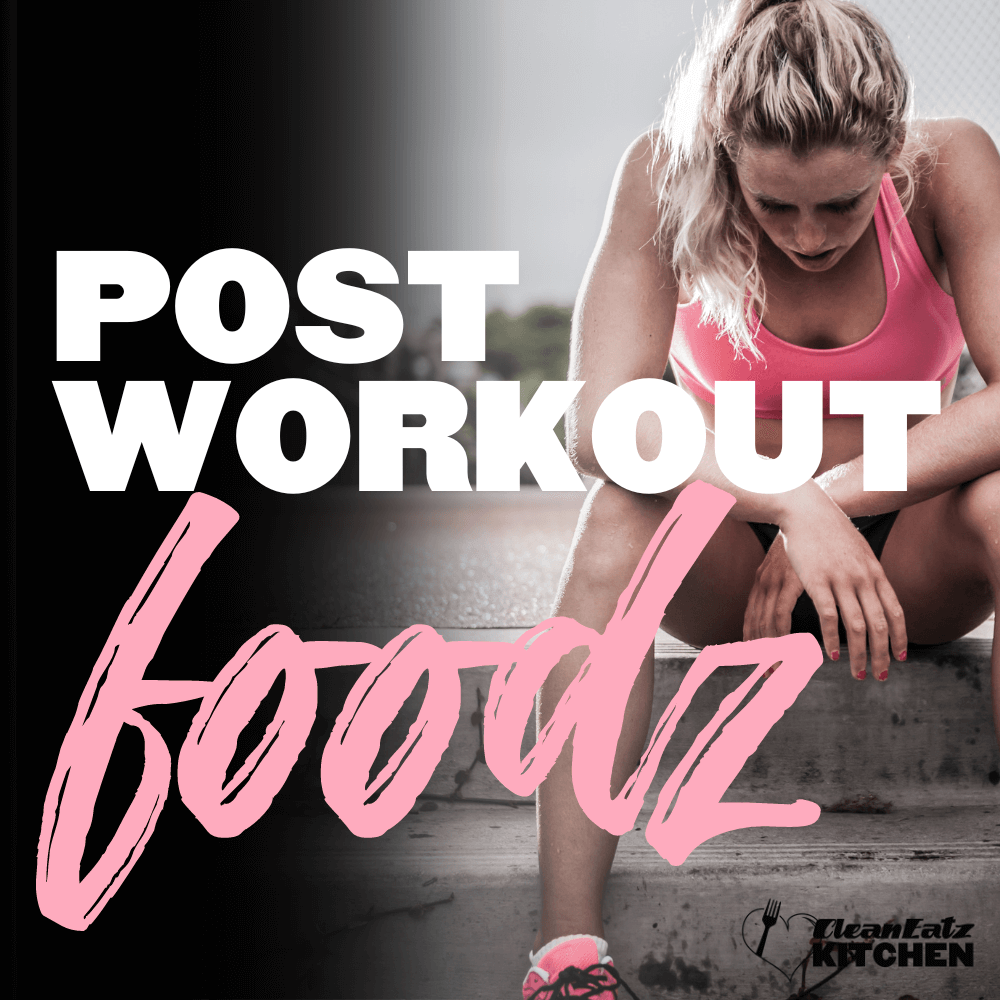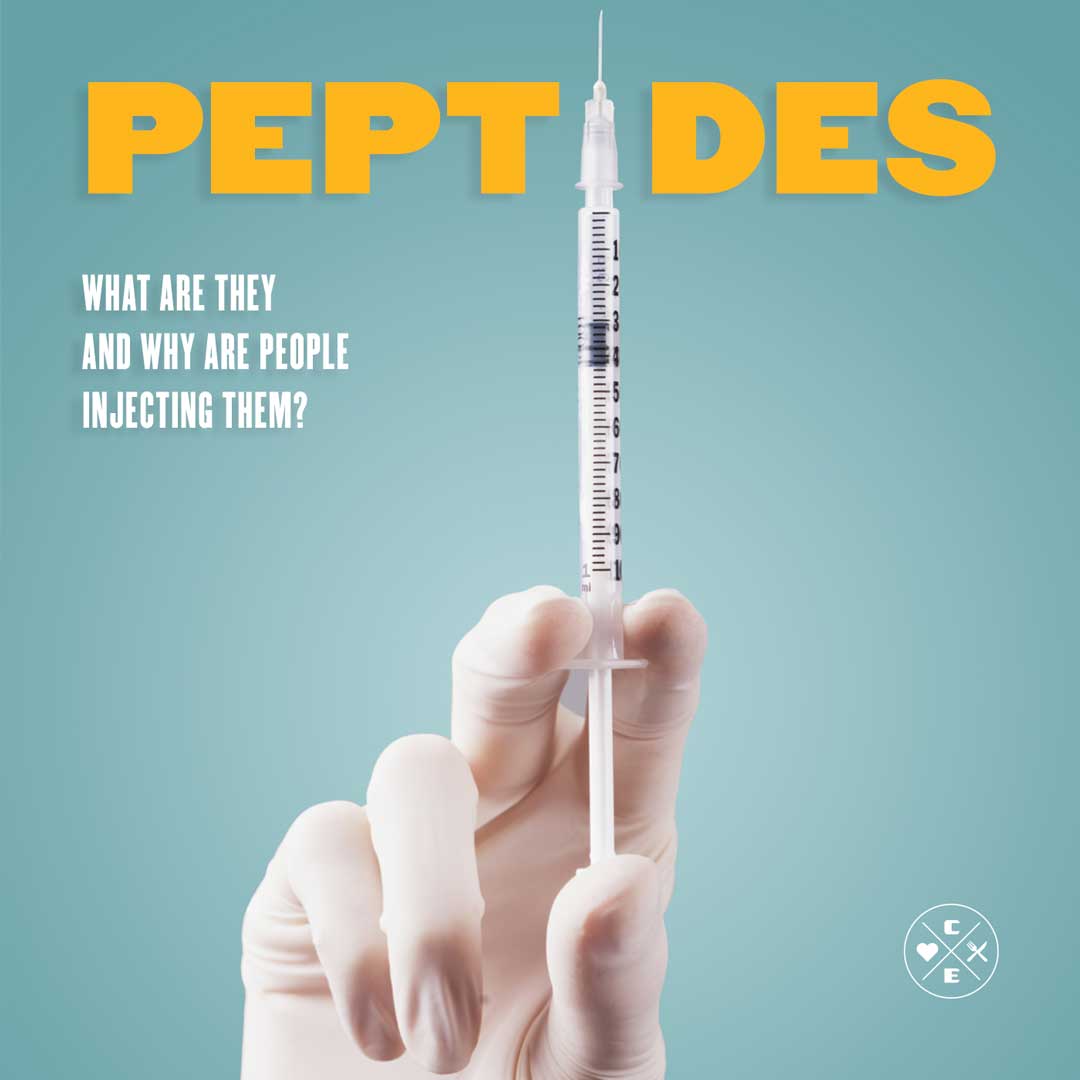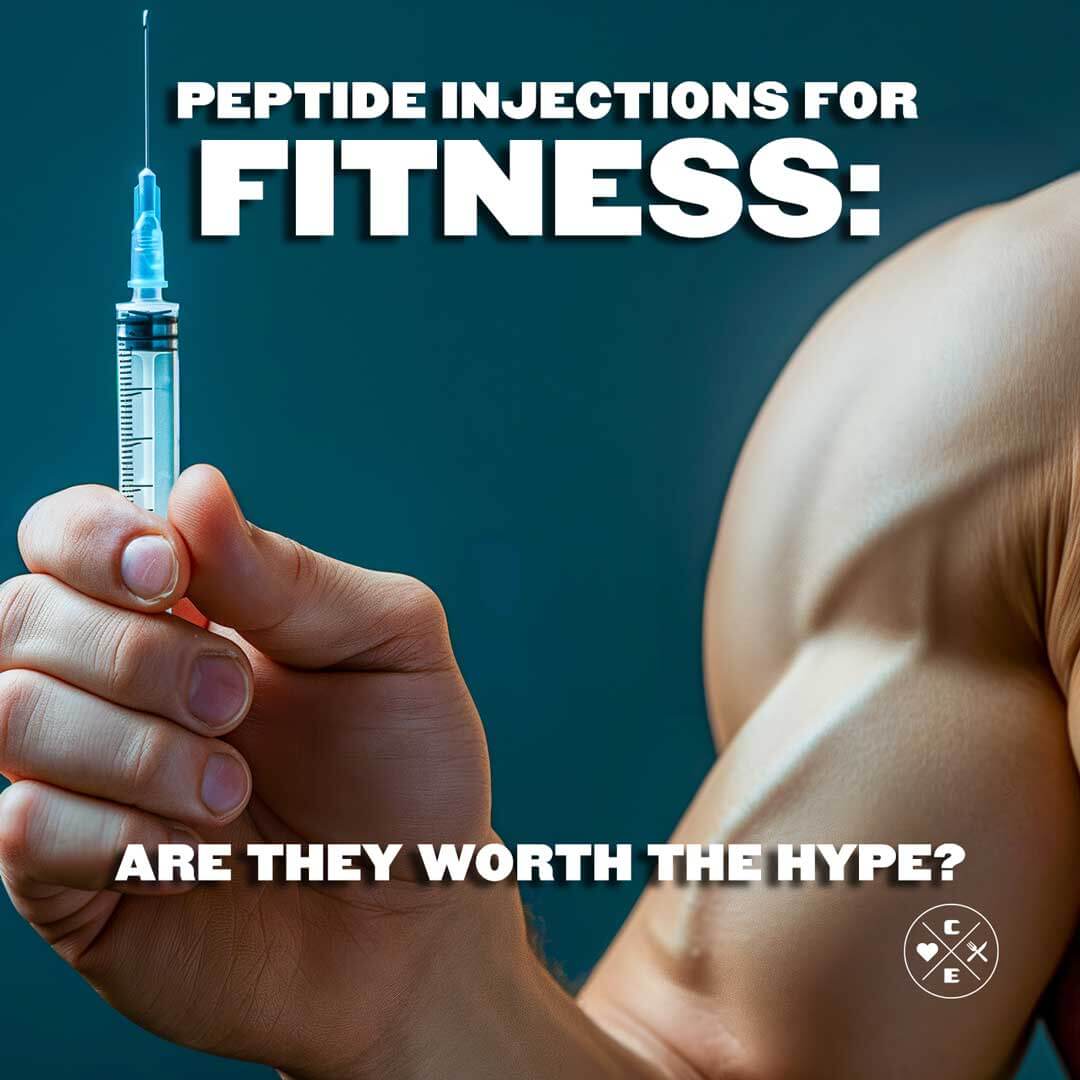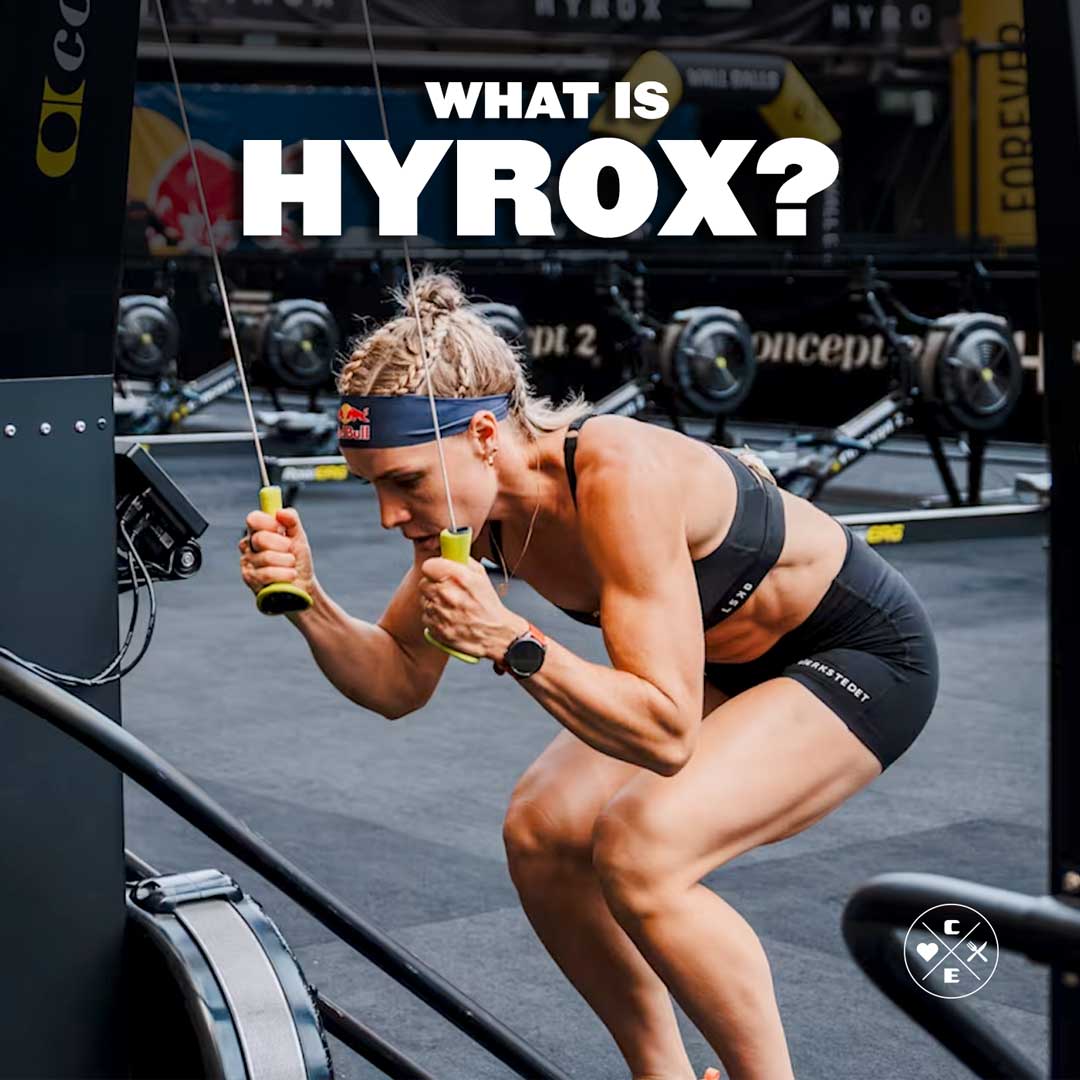
10 Best Foods to Eat After a Workout for Optimal Recovery
Jason Nista
Nutrition
|
Exercises & Fitness
7 minute read
Exercise is an important part of a healthy lifestyle, but it's not just the workout itself that matters. What you do after a workout is just as important as recovery foods after workout, overall muscle recovery, and performance tracking.
When you exercise, your muscles undergo tiny tears and damage. This is a normal part of the muscle-building process, but in order to repair and rebuild those muscles, your body needs the right nutrients. This is where post-workout nutrition comes in.
Why is it important to eat properly after a workout?
The best foods to eat after a workout and special recovery foods after workout are important for a number of reasons. First and foremost, it helps to support muscle recovery and repair. When you exercise, your muscles undergo tiny tears and damage, and it's important to provide your body with the nutrients it needs to repair and rebuild those muscles. This includes sticking to a high protein meal plan as this is essential for muscle synthesis, as well as carbohydrates, which help to replenish glycogen stores that get depleted during exercise.
In addition to supporting muscle recovery, eating properly after a workout can also help to optimize performance. By replenishing glycogen stores and providing the body with the nutrients it needs, you can help to ensure that you have the energy and resources necessary to perform at your best during future workouts.
Eating properly after a workout can also help to reduce inflammation, which can be beneficial for overall health and well-being. Some studies have suggested that certain nutrients, such as antioxidants and omega-3 fatty acids, may help to reduce inflammation and support muscle recovery.
Overall, eating properly after a workout is an important part of a healthy exercise routine and can help to support muscle recovery, optimize performance, and reduce inflammation.
Timing your post-workout meal
Timing your post-workout meal is crucial for best foods to eat after a workout for muscle recovery. First and foremost, it helps to support muscle recovery and repair. When you exercise, your muscles undergo tiny tears and damage, and it's essential to provide your body with the foods for muscle recovery it needs to repair and rebuild those muscles as soon as possible. Research has shown that consuming a combination of protein and carbohydrates within 30-60 minutes of finishing your workout can help to optimize muscle recovery and repair.
In addition to supporting muscle recovery, timing your post-workout meal can also help to optimize performance. By replenishing glycogen stores and providing the body with the best foods to eat after a workout it needs in a timely manner, you can help to ensure that you have the energy and resources necessary to perform at your best during future workouts.
Timing your post-workout meal can also help to regulate appetite and support weight management. Consuming a post-workout meal or snack within a reasonable time frame can help to prevent overeating later in the day and support healthy weight management.
Overall, timing your post-workout meal is an important part of a healthy exercise routine and can help to support muscle recovery, optimize performance, and regulate appetite and weight management.
The top 10 foods to eat after a workout
So, what are the best foods to eat after a workout? Food for weight loss or food to support muscle recovery and optimize performance? Here are ten top contenders:
Protein-rich foods
Protein is essential for repairing and rebuilding muscle tissue, so it's important to include a source of protein in your post-workout meal or snack. Good options include chicken, turkey, fish, tofu, and plant-based protein powders.
Complex carbohydrates
Carbohydrates are the body's primary source of energy, and they're also important for replenishing glycogen stores that get depleted during exercise. Complex carbs like quinoa, sweet potatoes, and brown rice are good choices because they provide sustained energy and have a slower release of glucose into the bloodstream.
Healthy fats
Fats are an important part of a healthy diet, and they can also support recovery by providing a slow release of energy and helping to reduce inflammation. Avocados, nuts, seeds, and olive oil are all good sources of healthy fats.
Fruits and vegetables
Fruits and vegetables are packed with vitamins, minerals, and antioxidants that can help support recovery and reduce inflammation. Try incorporating a variety of colorful produce into your post-workout meals and snacks.
Greek yogurt
Many wonder " Is yogurt good for you?" When it comes to Greek yogurt you can be sure that it's a great source of protein, carbohydrates, and electrolytes, making it a perfect post-workout snack. It's also a good source of calcium, which is important for maintaining strong bones.
Eggs
Eggs are a versatile and nutrient-dense source of protein, as well as other important nutrients like choline, which is important for brain and muscle function.
Nuts and seeds
Nuts and seeds are a good source of protein, healthy fats, and a variety of vitamins and minerals. They make a convenient and portable post-workout snack.
Turmeric
Turmeric is a spice that has powerful anti-inflammatory properties and may support muscle recovery. Try adding it to post-workout smoothies or incorporating it into meals. Turmeric for weight loss is also a famous recommendation from health professionals.
Dark chocolate
Dark chocolate is a good source of antioxidants, which can help reduce inflammation, as well as magnesium, which is important for muscle function. Just be sure to choose a high-quality, minimally processed option.
Green tea
Green tea is a good source of antioxidants and has been shown to have anti-inflammatory effects. It's also a good source of hydration, which is important after a workout.
If you're ready to take control of your nutrition and make healthier food choices, Clean Eatz Kitchen can help. With a variety of meal plan delivery options and meal prep options to choose from, you can find the option that works best for you and your goals. With Clean Eatz Kitchen's menu, it's easy to get the healthy meals you need to support your health and well-being.
Conclusion
In conclusion, post-workout nutrition is vital for a healthy exercise routine. It aids in supporting muscle recovery, optimizing performance, and reducing inflammation. Incorporating a variety of nutrient-dense foods into your post-workout meals and snacks, such as the best foods to eat after a workout (protein-rich foods, complex carbohydrates, healthy fats, fruits and vegetables, and hydration sources), can help to support muscle recovery and repair and optimize performance. Timing your post-workout meal or snack within 30-60 minutes of finishing your workout can also help to optimize muscle recovery and repair, as well as regulate appetite and support weight management. By paying attention to post-workout nutrition, you can help to ensure that you are fueling your body properly to support your fitness goals and overall health and well-being.
Don't wait any longer to start eating healthier. Visit the Clean Eatz Kitchen website to learn more and get started today! With the help of Clean Eatz Kitchen, you can take control of your nutrition and make healthy eating meal plans a convenient and sustainable part of your lifestyle.
FAQ
What foods help muscle recovery faster?
In case you can consume dairy products, both cottage cheese and yogurt offer fantastic sources of whey protein, known for its rapid muscle recovery after workouts, and casein protein, which provides continuous support to your muscles even during restorative sleep.
What not to eat after a workout?
However, it is advisable to steer clear of simple carbs such as white bread, pasta, and sugary cereals post-workout. These carbohydrates cause rapid spikes in blood sugar levels, which may result in a subsequent energy crash.
What speeds muscle recovery?
Enhancing muscle recovery involves several effective methods, including ensuring adequate sleep, incorporating passive and active recovery techniques, using massage and foam rolling, wearing compression garments, and applying hot and cold therapies. Coupled with proper macro eating and sufficient hydration, these practices provide essential nutrients and promote faster recovery.
Related Articles
Peptides: What Are They and Why Are People Injecting Them?
12 minute read
Peptide Injections for Fitness: Are They Worth the Hype?
16 minute read
The Ultimate Guide to Hyrox: Everything You Need to Know
14 minute read



